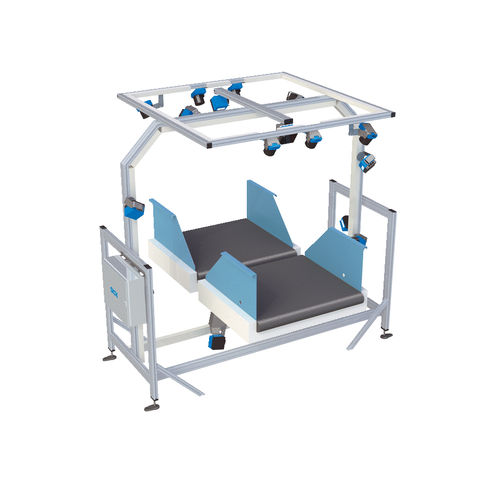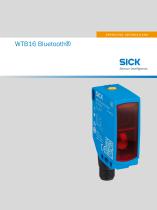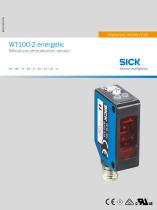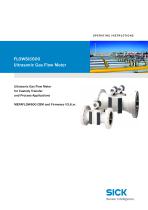
- Airport terminals
- Baggage handling
- SICK SENSOR INTELLIGENCE
RFID luggage identification system ALIS

Add to favorites
Compare this product
fo_shop_gate_exact_title
Characteristics
- Technology
- RFID
Description
Even capable of reading soiled and partially covered bar codes and RFID tagged labels to reduce the need for manual bag processing downstream
Individual sensors can be replaced quickly thanks to quick-clamp devices and parameters which can be stored in the sensor connection and cloning plug
High operational safety
Low maintenance and easy to operate
OVERVIEW
Rapid and reliable airport luggage identification – guaranteed.
With the ALIS (Airport Luggage Identification System) track and trace system, luggage can be clearly identified as it is transported quickly and reliably through the airport, meaning you can rest assured of it reaching the right sorting zone. Designed like a reading interval gate, SICK has developed ALIS specifically with luggage handling services in mind. The system is extremely reliable when it comes to reading luggage information on IATA bar codes and RFID tagged labels. With ALIS, SICK has created a modular system which can be specially adapted to suit the various requirements of airport luggage identification and handling processes, whether this involves sensors, other electronic components, visualization software, or even the commissioning process.
At a glance
100% redundant design (optional)
Suitable for belt conveyors and container-type sorters
Very high read rates
Suitable for IATA bar codes and RFID tags
Focus on bags and code reading in real time
Tried-and-tested high-performance sensors
VIDEO
Catalogs
Other SICK SENSOR INTELLIGENCE products
Track and trace systems
*Prices are pre-tax. They exclude delivery charges and customs duties and do not include additional charges for installation or activation options. Prices are indicative only and may vary by country, with changes to the cost of raw materials and exchange rates.





